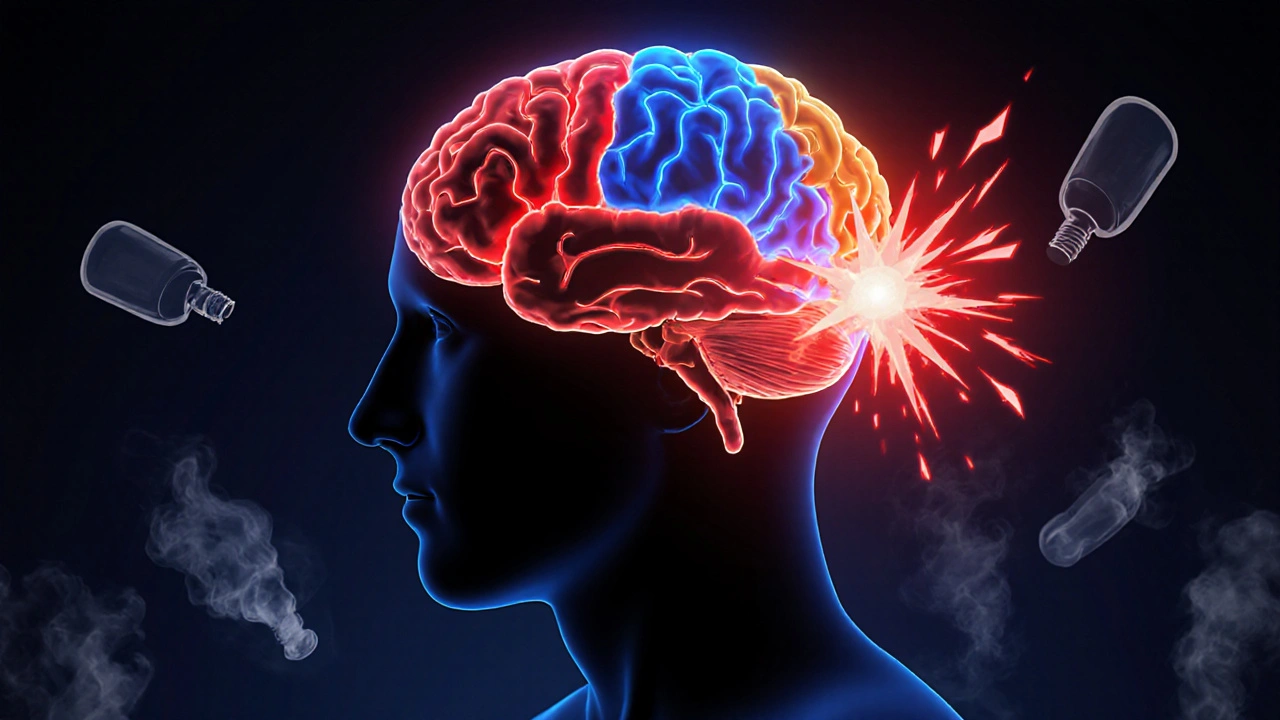Alcohol Use Disorder Medications: What Works, What Doesn't, and How to Choose
When someone struggles with alcohol use disorder, a medical condition where drinking becomes compulsive and harmful despite negative consequences. Also known as alcohol addiction, it’s not a lack of willpower—it’s a brain disorder that responds to specific treatments. Many people think quitting alcohol is just about willpower, but science shows medication can double your chances of staying sober. These aren’t magic pills, but they’re proven tools that work alongside counseling and support.
The three main alcohol use disorder medications, FDA-approved drugs designed to reduce drinking and prevent relapse are naltrexone, acamprosate, and disulfiram. Each works differently. Naltrexone, blocks the pleasurable effects of alcohol by targeting opioid receptors in the brain helps reduce cravings. You take it daily, and it doesn’t make you sick if you drink—it just takes the reward out of it. Acamprosate, restores chemical balance in the brain after stopping alcohol is best for people who’ve already quit and want to stay that way. It eases the anxiety and restlessness that often lead to relapse. Then there’s disulfiram, a deterrent that causes unpleasant reactions if alcohol is consumed. It makes you feel sick—headache, nausea, vomiting—if you drink. It’s not for everyone, but for some, the fear of feeling awful is enough to keep them away from alcohol.
These medications don’t cure alcohol use disorder, but they give you a fighting chance. They’re most effective when paired with therapy, support groups, or lifestyle changes. You won’t find one-size-fits-all answers here—what works for your neighbor might not work for you. That’s why understanding how each drug works matters. Some people prefer naltrexone because it doesn’t punish them for slipping up. Others choose disulfiram because they need a strong external barrier. Acamprosate is quiet but steady—it doesn’t make headlines, but it keeps people sober for months.
What’s missing from most conversations? These drugs aren’t for everyone. If you have liver damage, some might be risky. If you’re on other medications, interactions matter. And if you’re not ready to quit, no pill will force you to. But if you’re looking for real help—not just advice—these medications are the most studied, most reliable tools we have. Below, you’ll find real-world comparisons, patient experiences, and clear breakdowns of what each option actually does. No marketing. No hype. Just what works, what doesn’t, and why.
Medications for Alcohol Use Disorder and the Hidden Risk of Relapse
Medications like naltrexone, acamprosate, and disulfiram can help reduce relapse in alcohol use disorder-but only if taken correctly. Mixing them with alcohol can undo progress and increase danger.
Read more
